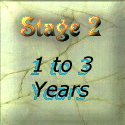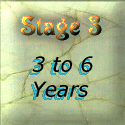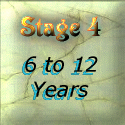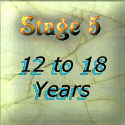

 |
 |
Religion is a social construction that involves the community. Spirituality is a personal experience, which is not usually a community event. The two can walk together hand in hand, and are better for doing so. Religion is generated by a group of humans to serve the groupís needs.
Religion keeps a society together, networking the needs and desires of society. It simplifies and codifies social ethics, liberties, and taboos. It does this to benefit social and personal preservation. It also provides a matrix or avenue for discovering existential and esoteric meaning, especially in times of high stress. It passes on theories (models) by way of myth and science. It will also provide a framework for psychological speculation and development. More importantly (and where religion can help spirituality) religion can provide avenues for individuals to discover wholesome fulfillment of sexual instincts (the desire to excel and be appreciated). This covers aesthetic fulfillment and self-actualization. More importantly, religion can help the individual find meaning and ways to cope with human mortality.
Spiritual development is very much a part of a student's struggle to existence. Many philosophers have seen that humans often spend the earlier part of their lives being afraid to live, and the latter part being afraid to die. Each may be interpreted as death anxiety that has been gracelessly and ineffectually coped with. It is said that religion is for those who have been afraid to go to Hell, where spirituality is for those who have been there. Magic is for those who have the keys to prove it. While it is best to do this indirectly, it is good to know what is happening at each stage of development. This is a simple digest of theories. These age categories are less stable that the psychosexual or psychosocial theories, as spiritual development is a personal matter and differs according to both cognitive and existential development. A Theory is just that, a model to build from. It is the tutor who decides how to apply the theory.
| Stage | Challenge |
|---|---|
 Neonatal |
Divine Primitive |
 Toddlers |
Intuitive Projective |
 Preschool |
Mythical Literal |  School age |
Poetic Conventional |
 Adolescence |
Individuating Reflective |
 Young adulthood |
Paradoxical Consolidation |
 Grown-ups |
Universalizing |
 Old age |
Transcendent |
This summary is a service of
A Universal Life Church Ministry